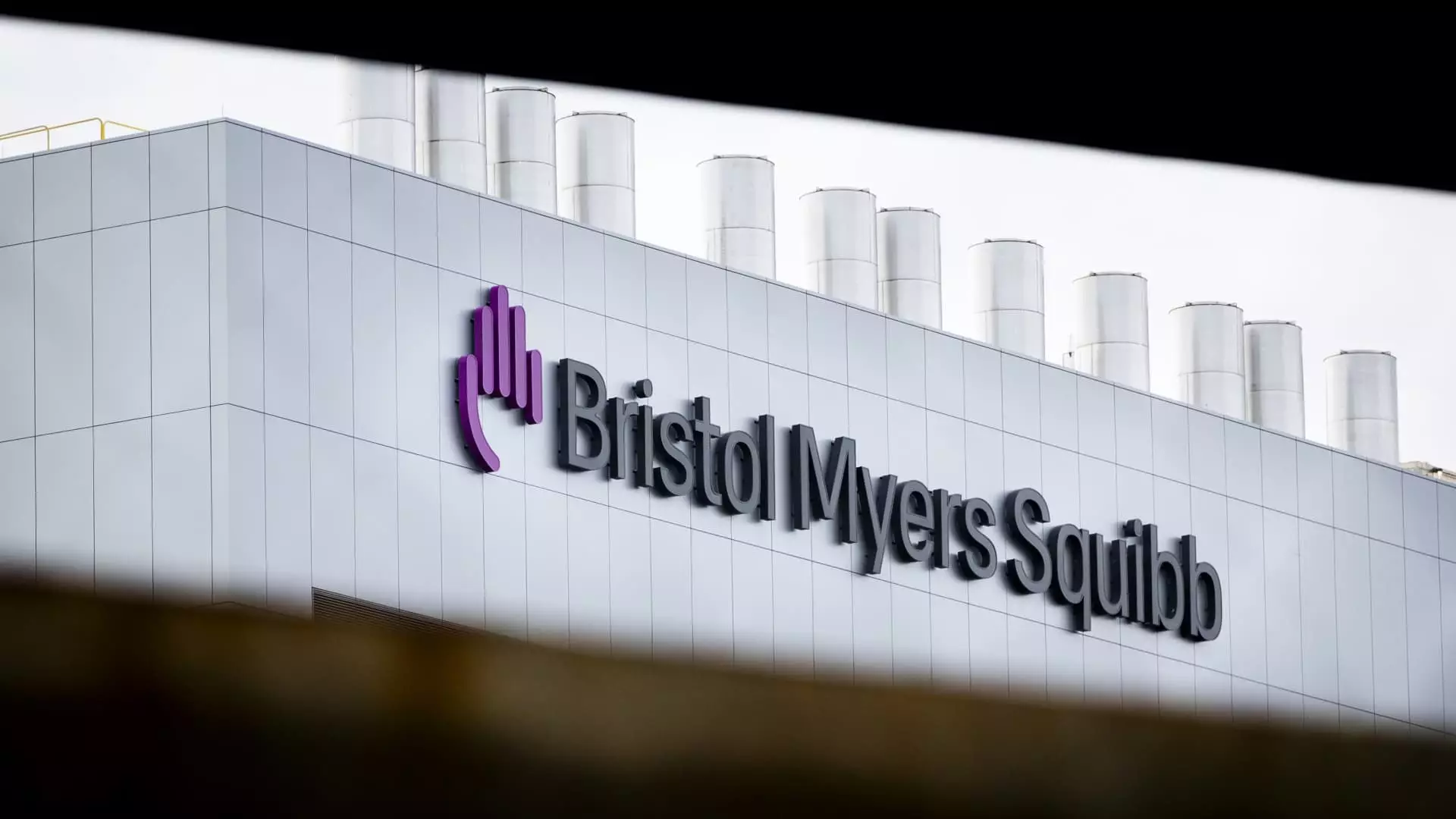Bristol Myers Squibb recently announced their second-quarter earnings and revenue, which exceeded expectations. The pharmaceutical giant reported a significant increase in revenue, leading to a surge in their stock price by nearly 8%. This positive momentum has allowed them to raise their full-year revenue forecast to an increase on the upper end of the low single-digit range.
In addition to their strong financial performance, Bristol Myers Squibb is also focused on streamlining operations and cutting costs. They aim to reduce expenses by $1.5 billion by 2025, with plans to reinvest this money into key drug brands and research and development programs. This strategy involves laying off more than 2,000 employees, culling certain drug programs, and consolidating their sites.
The company reported adjusted earnings per share of $2.07 for the quarter, significantly surpassing analyst expectations. Their revenue for the second quarter rose by 9% from the same period last year, totaling $12.2 billion. Despite posting net income of $1.68 billion, which is lower than the previous year, Bristol Myers Squibb remains optimistic about their growth prospects.
Bristol Myers Squibb’s revenue growth in the second quarter was primarily driven by their blockbuster drug Eliquis, which is a blood thinner. The company also saw strong sales from their cancer drug Opdivo and blood cancer drug Revlimid, despite facing competition from generic alternatives. Analysts were impressed by the performance of these key treatments and anticipated continued long-term growth.
While Bristol Myers Squibb has experienced success in sales and revenue, they are also preparing for challenges in the future. The company faces pressure to launch new drugs to offset the eventual loss of revenue from their current top-selling treatments. For example, Eliquis is expected to face pricing negotiations with the federal government in 2026, which could impact its sales. Additionally, Revlimid is already experiencing a decline in sales due to generic competition.
Bristol Myers Squibb’s “growth portfolio” includes key drugs like Opdivo, Reblozyl, Opudualag, and Camzyos, which have all contributed to the company’s revenue growth in the second quarter. These medications have shown strong sales performance, surpassing analyst expectations. Despite challenges in the market, Bristol Myers Squibb remains focused on innovation and delivering impactful treatments for patients.
Bristol Myers Squibb’s second-quarter results reflect a combination of successes and challenges. While the company has demonstrated strong financial performance and revenue growth, they are also facing pressures related to generic competition and pricing negotiations. By focusing on cost-cutting measures, launching new drugs, and driving growth in their portfolio, Bristol Myers Squibb aims to navigate these challenges and maintain their position as a leading pharmaceutical company.

